
Sudden Sharp Chest Pain? The Mystery May Finally Be Solved
Sudden Sharp Chest Pain? The Mystery May Finally Be Solved
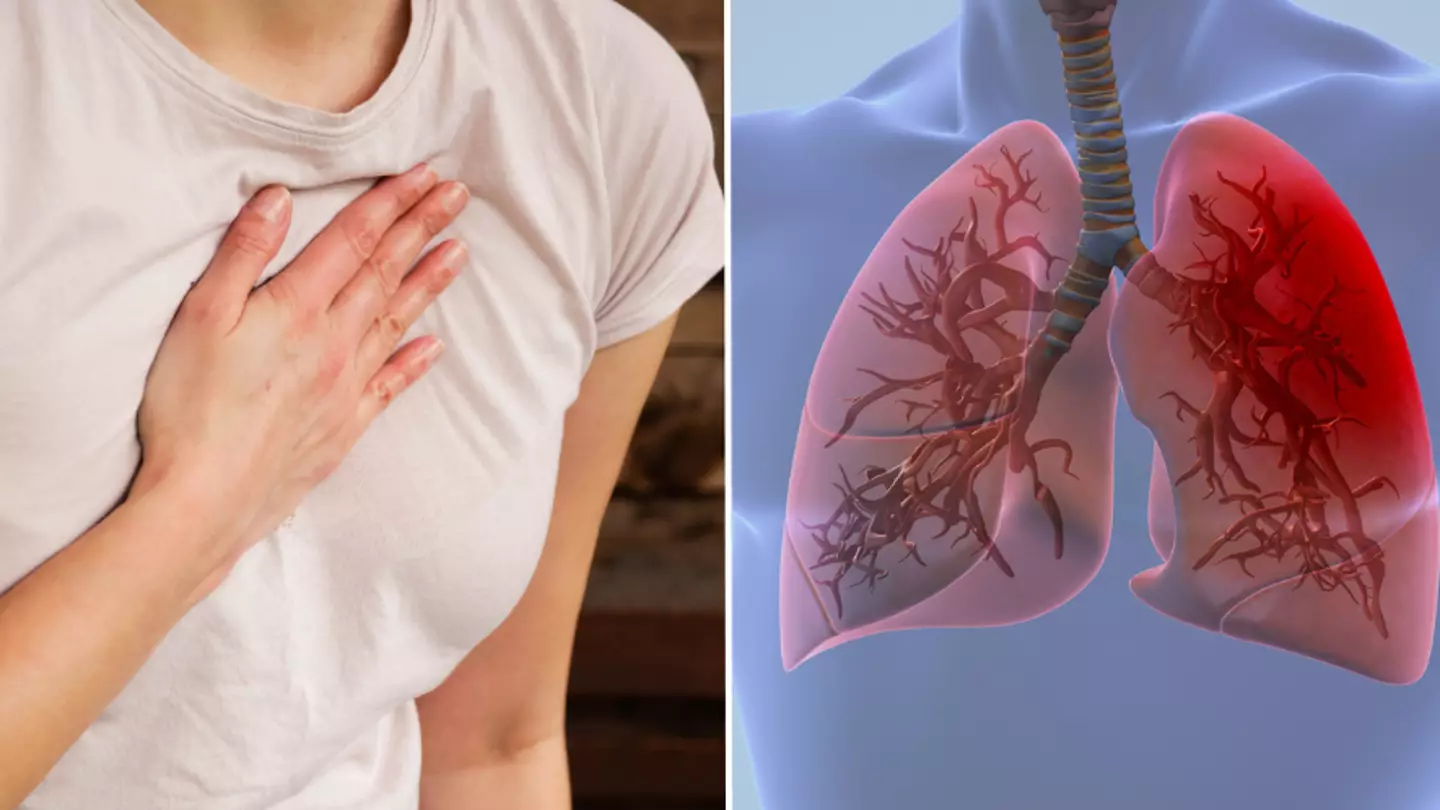
Have you ever felt a sudden, stabbing chest pain that appeared out of nowhere and vanished within minutes? If so, you're not alone — and the cause might not be as serious as you think.
Many people, especially young adults and teens, experience these unexplained chest pains at some point in their lives. The good news? In most cases, it’s not related to heart disease.
When Chest Pain Strikes, Is It Always a Heart Problem?
When we feel chest pain, especially if we suffer from health anxiety, our minds tend to leap to worst-case scenarios like heart attacks. A quick Google search often reinforces those fears, with endless articles on cardiovascular issues.
But if you're:
-
Relatively young
-
Leading a healthy lifestyle
-
Not experiencing other warning signs (like shortness of breath, pain radiating to the left arm, or nausea)
...then the likelihood of a heart attack is extremely low.
The Real Culprit Behind Sudden, Sharp Chest Pain: Precordial Catch Syndrome (PCS)
The most likely explanation? A harmless condition called precordial catch syndrome (PCS), sometimes referred to as Texidor’s twinge.
What Is PCS?
-
Precordial catch syndrome is characterized by brief, sharp chest pain that typically lasts a few seconds to a few minutes.
-
It often occurs while at rest, not during physical activity — making it distinct from heart-related pain.
-
PCS is most common in children and young adults, especially between the ages of 6 and 20.
Is PCS Dangerous?
Not at all. Despite its sudden and intense nature, PCS is completely benign and non-life-threatening.
The pain often appears on the left side of the chest and may feel worse when you take a deep breath. However, it usually resolves on its own without any treatment.
What Causes PCS?
Although the exact cause of precordial catch syndrome remains uncertain, experts believe it may be linked to:
-
Irritation or pinching of intercostal nerves in the chest wall
-
Minor chest wall spasms
-
Posture-related factors, such as slouching or sitting for long periods
It’s also worth noting that stress and anxiety can increase your sensitivity to bodily sensations, possibly making PCS episodes more noticeable.
How to Respond to a PCS Episode
If you suspect you’re experiencing PCS:
-
Stay calm – the pain is temporary and not a sign of a serious condition.
-
Try deep, controlled breathing – this can help relax the chest muscles and reduce tension.
-
Avoid overreacting or panicking – which can worsen the discomfort.
In most cases, no medical treatment is required.
When Should You See a Doctor?
While PCS is usually harmless, you should consult a healthcare provider if:
-
The pain is frequent, persistent, or increasing in intensity
-
You experience other symptoms like dizziness, sweating, or difficulty breathing
-
You're unsure whether the pain is related to your heart
A quick check-up and a non-invasive test like an ECG can offer reassurance and rule out any serious underlying conditions.
Final Thoughts
Sudden sharp chest pain doesn’t always mean a heart attack. For many young and healthy individuals, it’s more likely to be precordial catch syndrome — a temporary and harmless condition that simply feels worse than it is.
Understanding PCS can help ease your worries and prevent unnecessary panic. As always, if in doubt, seek medical advice for peace of mind.
News in the same category


💤 The Science of Dreaming: Why Do We Dream?

Too Much Salt May Lead to Depression, New Study Suggests
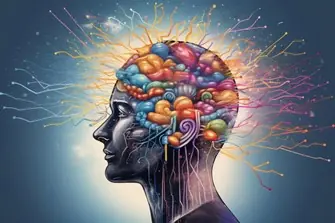
New Study Reveals: Memory May Be Stored in Cells Beyond the Brain
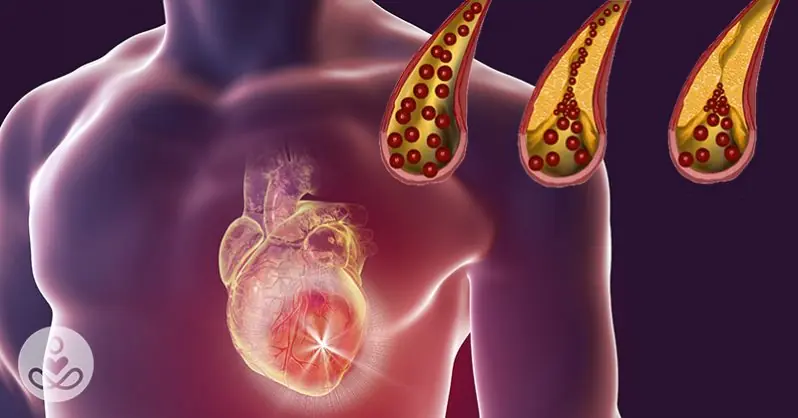
10 Foods You Should Eat Daily to Keep Your Arteries Clean

The Sleep Position That Could Be Quietly Damaging Your Health, According to Experts

Shocking Cancer Diagnosis at 44 Raises Alarms About a Popular Daily Sandwich Ingredient
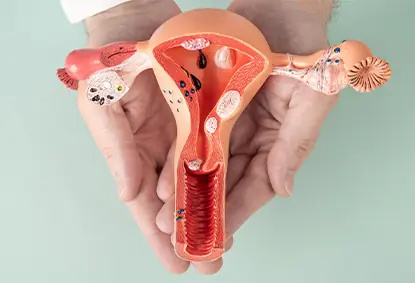
Understanding Uterine Fibroids: Causes, Symptoms, and Treatment Options
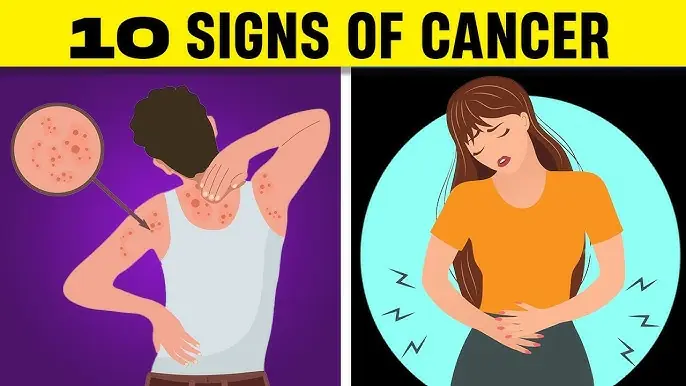
Is Your Body Trying to Tell You Something? 15 Early Signs of Cancer
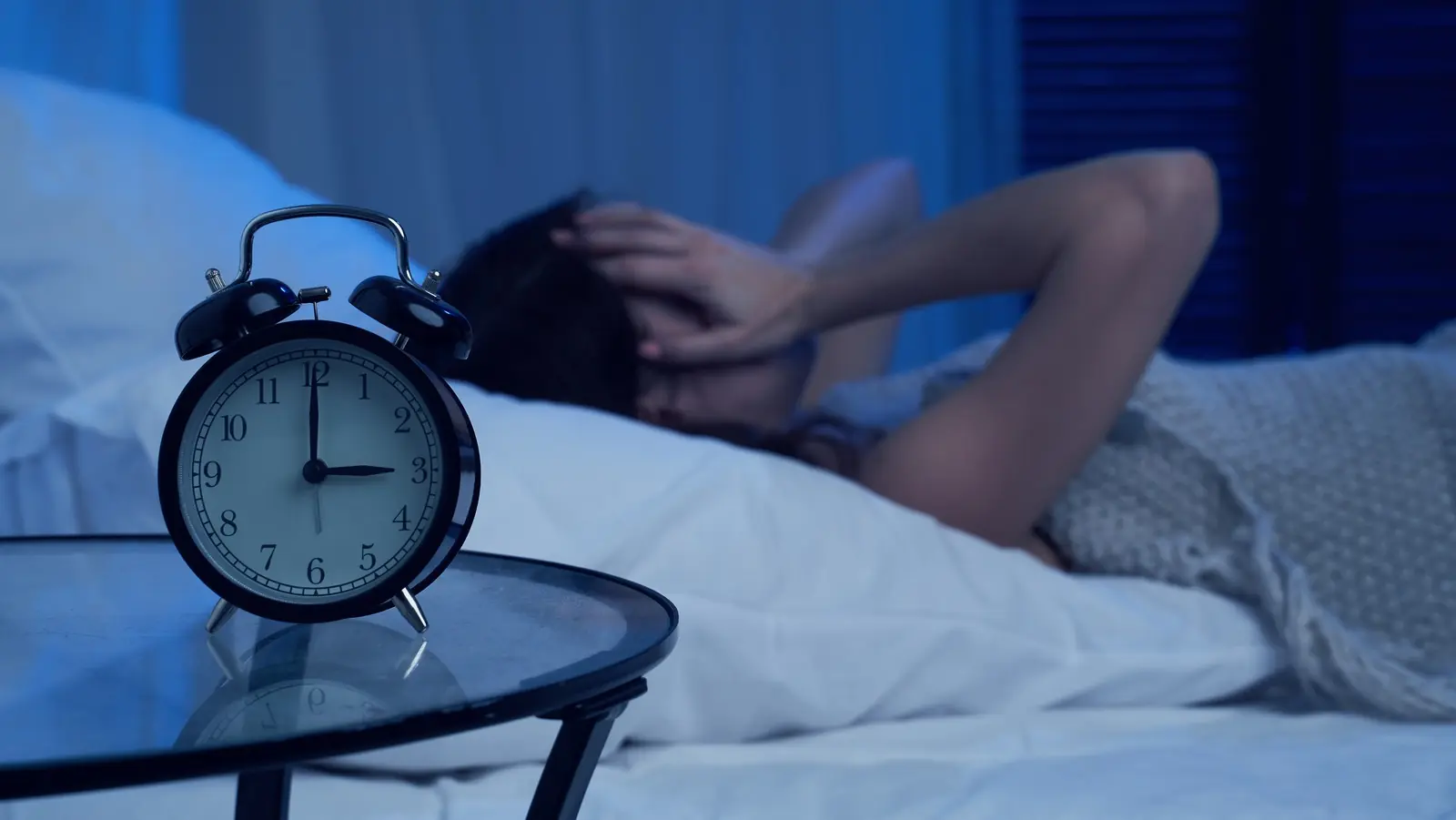
If You Suddenly Wake Up Between 3:07 and 3:15 AM, You Should Be Extra Cautious
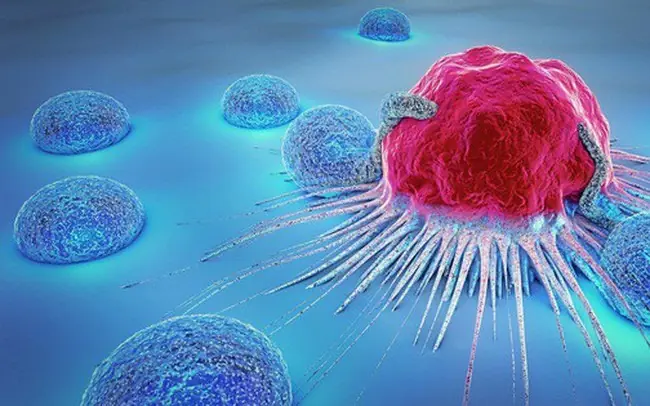
Discovery of a Drink That Helps “Push Back” Cancer: It's Not Tea or Coffee

One Year Before Death: The Body Often Shows 5 Warning Signs!

Revolutionary HIV Treatment: Lenacapavir Achieves 100% Clinical Efficacy
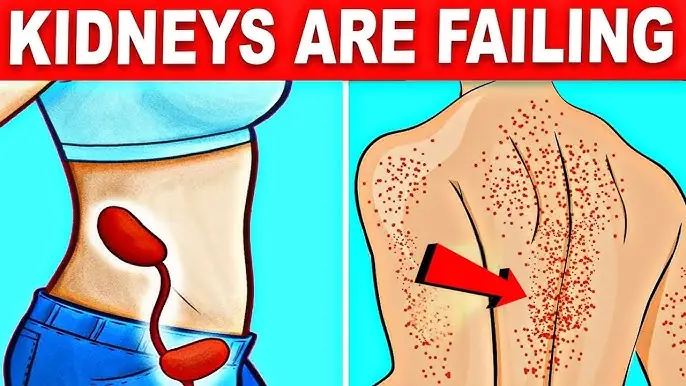
10 Warning Signs Your Kidneys May Be in Trouble
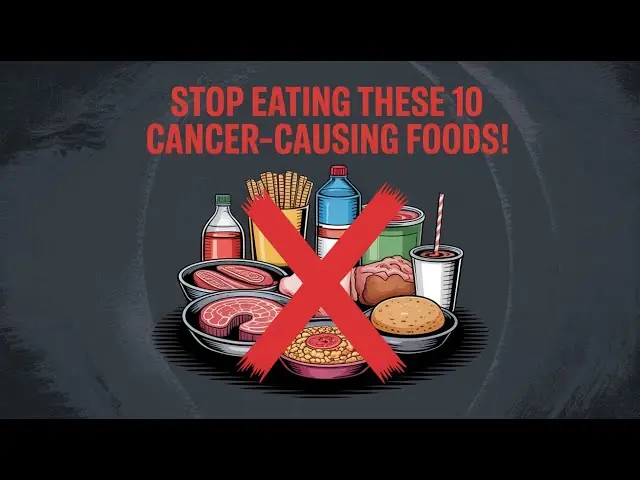
10 Foods Linked to Cancer You Should Avoid
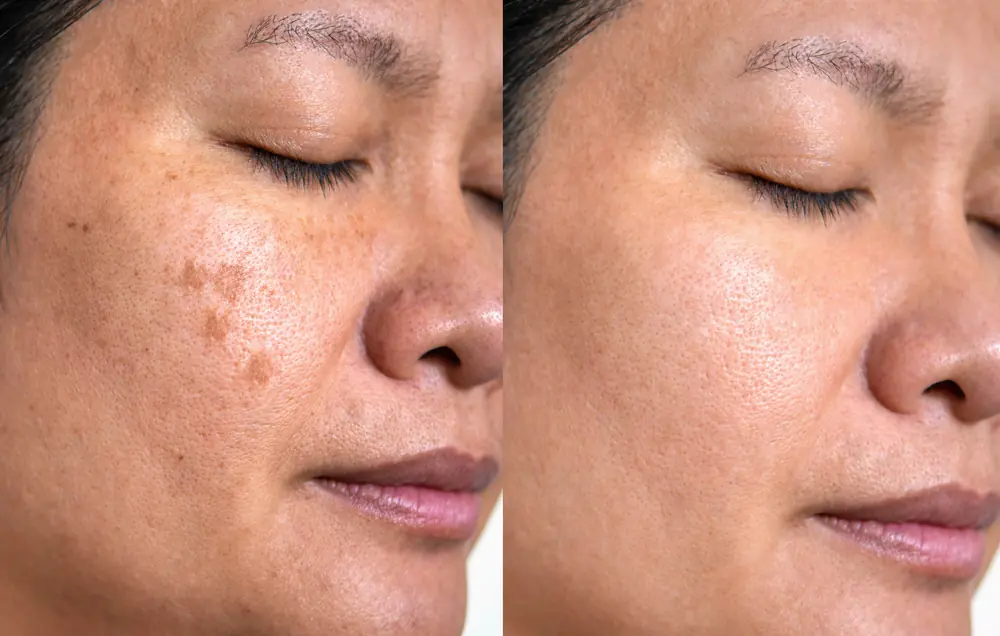
How to Reduce Age Spots: Causes, Treatments, and Prevention
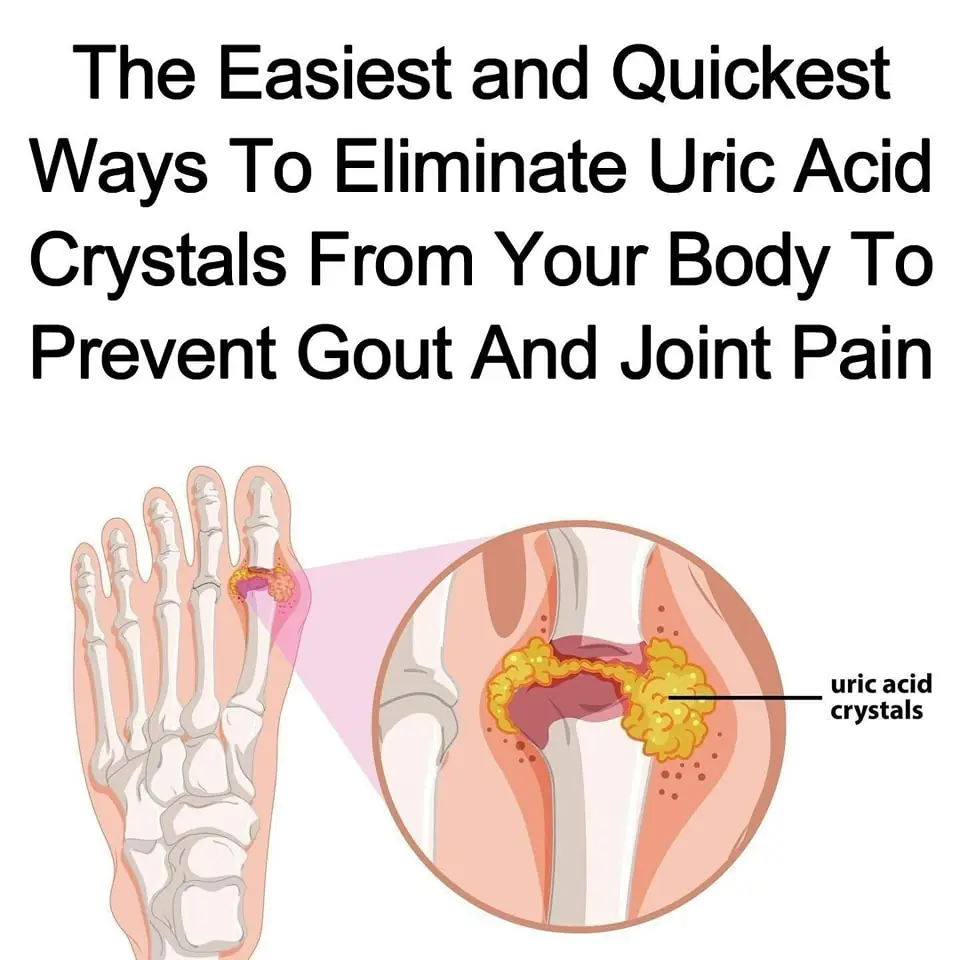
How to help naturally relieve gout and joint pain

Man Loses 400 Pounds Naturally and Raises Funds to Remove Excess Skin
News Post

🧠 How Your Brain Today Reflects Your Habits from Two Weeks Ago

💤 The Science of Dreaming: Why Do We Dream?

Too Much Salt May Lead to Depression, New Study Suggests

New Study Reveals: Memory May Be Stored in Cells Beyond the Brain

10 Foods You Should Eat Daily to Keep Your Arteries Clean

The Sleep Position That Could Be Quietly Damaging Your Health, According to Experts

Shocking Cancer Diagnosis at 44 Raises Alarms About a Popular Daily Sandwich Ingredient

When I Got Home from a Work Trip, 'He Lies' Was Carved Into My Hedge – Then I Found a Note Explaining Everything

My Wife Took $10K from My Daughter's College Fund to Pay for Her Own Daughter's Vacation & Said I Should Be Fine with It – Well, I Wasn't

I Got a Free First-Class Seat – My Entitled Brother Thought He Deserved It Just for Existing & My Family Took His Side

I Bought a $12 Prom Dress from a Thrift Store – Inside Was a Note That Changed Three Lives Forever
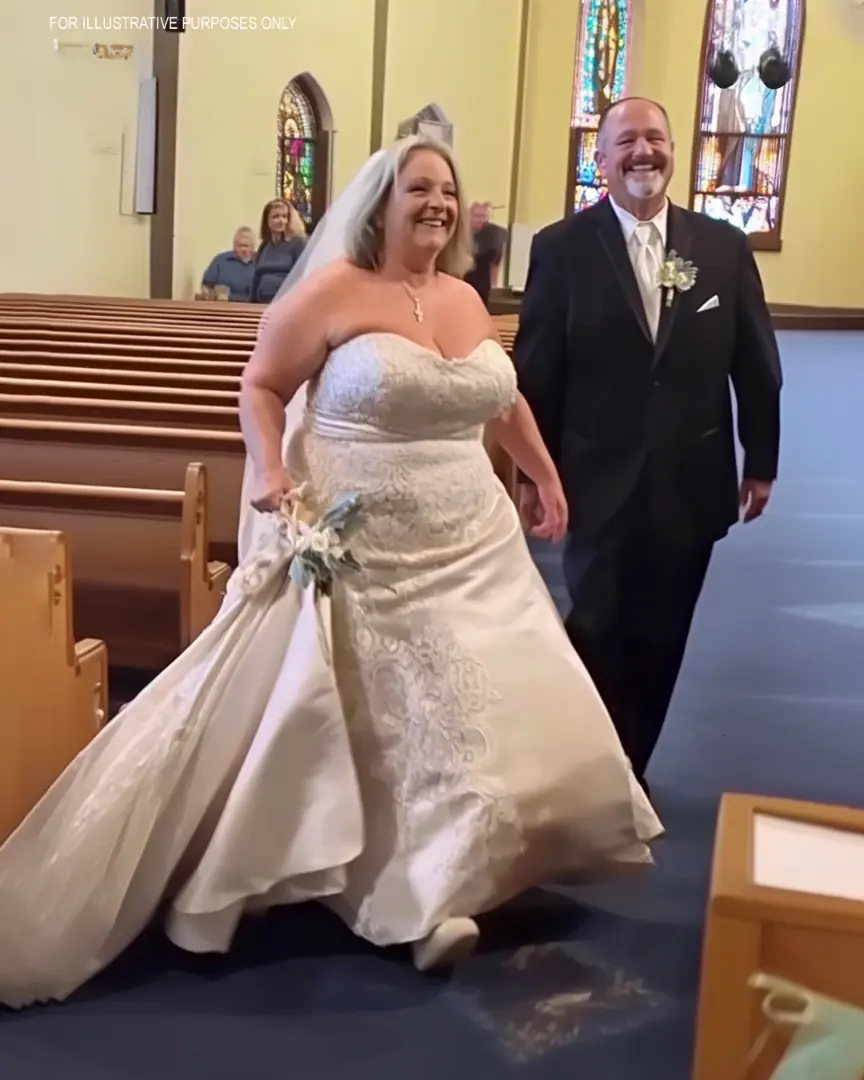
My Future MIL Showed Up to My Wedding in a Dress Identical to Mine – But My Groom's Reaction Made the Whole Church Go Silent

Understanding Uterine Fibroids: Causes, Symptoms, and Treatment Options

Is Your Body Trying to Tell You Something? 15 Early Signs of Cancer

The Sun Isn't Yellow — It's Actually White ☀️
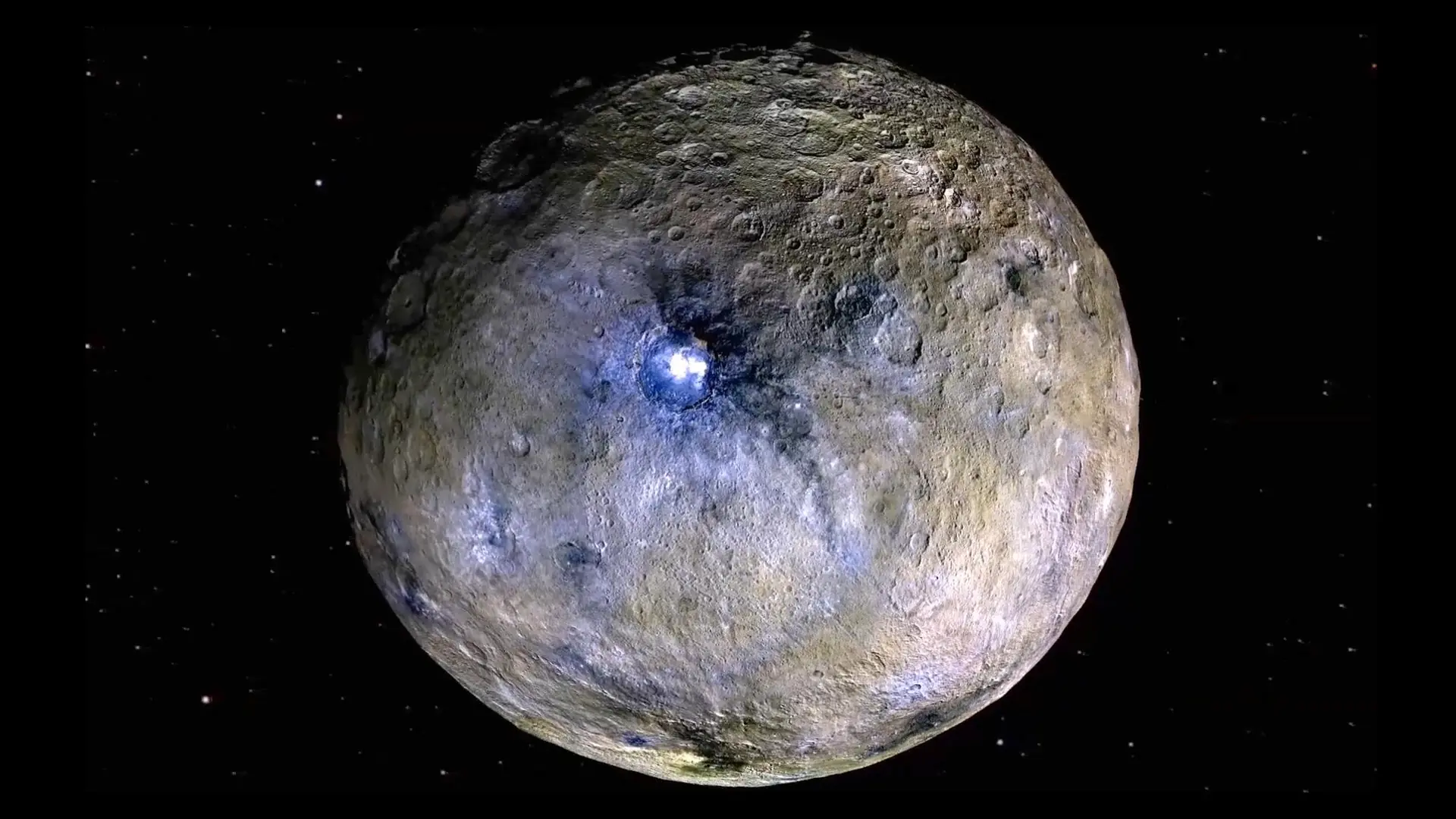
Astronomers Discover 2017 OF201: A Massive Dwarf Planet Beyond Pluto That Could Redefine Our Solar System

If You Suddenly Wake Up Between 3:07 and 3:15 AM, You Should Be Extra Cautious

Discovery of a Drink That Helps “Push Back” Cancer: It's Not Tea or Coffee

One Year Before Death: The Body Often Shows 5 Warning Signs!
